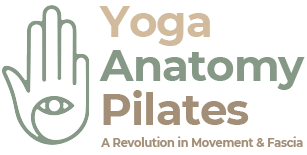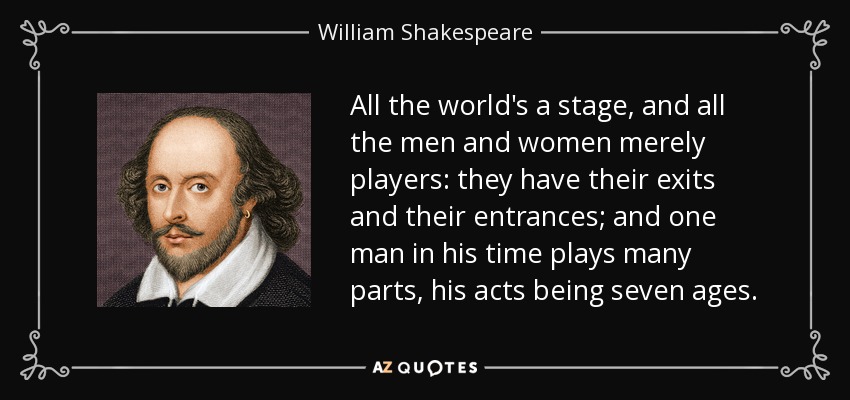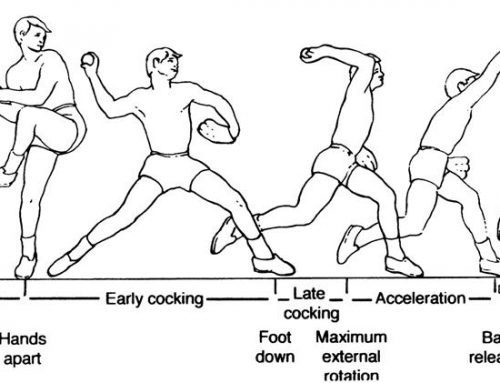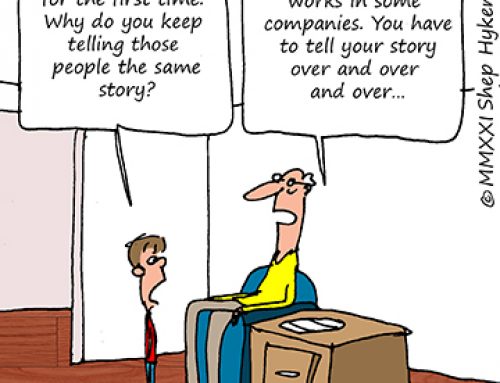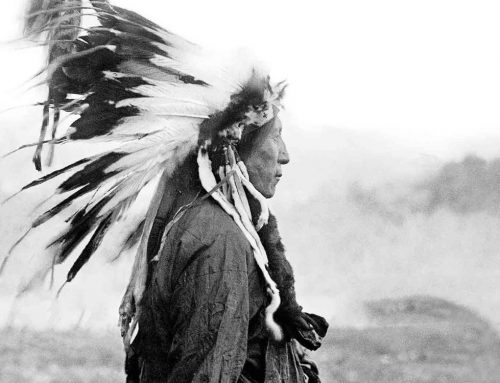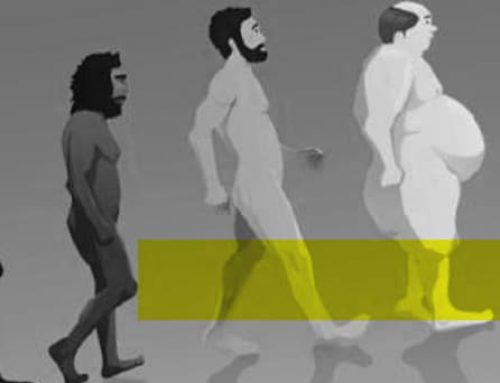We are all eternal students in life. Life is an amazing game that we play. It has the most incredible challenges and hardships, we bathe in its trials and tribulations. There is but one end destination and there is no escaping this. Did we spend the time looking over our shoulder in fear? Did we celebrate our festive days marching blindly to rules that did nothing to serve us? Did we stop loving??? The basic emotion of human nature. Did we let greed and ego pull us in a consumerism direction? Did we dampen our joy? Could we of been a little kinder and better listeners to others?
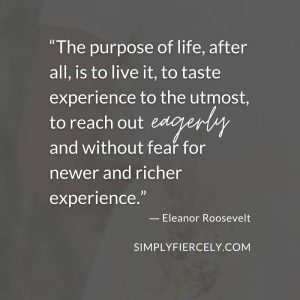
Live in the moment, be grateful.
- Savour and simplify. Research shows that people enjoy life more when they consume less. In other words, the more you have, the harder it becomes to savour life experiences. Even people who give up something they enjoy on a temporary basis can find that they appreciate it much more afterward. We have certainly all appreciated the basics and re assessed our core values during lockdown.
- Focus on others. While we tend to be preoccupied with making money in the hope that it will provide us with happiness and security, the greatest satisfaction we can have often comes from spending that hard-earned money on other people. Whether that spending takes the form of charitable donations, buying gifts for loved ones, or performing random acts of kindness, the sense of satisfaction that can result often does more to promote well-being than buying things for yourself. Even in toddlers, research studies showed that children who gave their own treats away to others seemed happier than if they ate the treats themselves. Every day I try and do a simple gesture of kindness, it can as simple as saying thankyou to someone. People want to be heard, we are poor listeners and get this from our leaders, who rarely listen to the people.
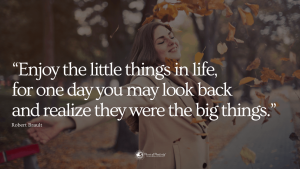
- Be connected. The final key to living fully is to be connected to the people around you. We evolved to be social beings and the quality of our relationships plays a crucial role in how satisfied we are with our lives. In his classic book, Learned Optimism, Martin Seligman argues that depression has become an epidemic because our society places a greater value on individuality than it does on being part of a greater community or tribe. Research into health psychology consistently demonstrates that people with strong social connections tend to be much healthier and live longer than those who are more isolated. Being part of a tribe and community definitely improves health and social structure. Following covid, there is a movement of individual communities setting up all over the world. This means that we are not dependent on big corporations for survival. Vandava Shiva is a leading pioneer of building self sufficient tribes. Her book ‘Oneness v the 1% exposes the 1%’s model of philanthrocapitalism, which is about deploying unaccountable money to bypass democratic structures, derail diversity, and impose totalitarian ideas based on One Science, One Agriculture, and One History. Instead, Shiva calls for the resurgence of:
- Real knowledge
- Real intelligence
- Real wealth
- Real work
- Real well-being
With these core goals, people can reclaim their right to: Live Free. Think Free. Breathe Free. Eat Free.“One of the world’s most prominent radical scientists.”–The Guardian.
4.Think with evidence. While positive thinking is important, it is also important that you stay grounded in reality. Unrealistic optimism and illusions of control are often counterproductive since the inevitable disillusionment can leave people feeling depressed and hopeless afterward. Sometimes we can be heading in the wrong direction. It’s important to stop, re access the route before resuming our course. We are all confirmation bias, meaning we street towards information that goes with our belief system. After studying Byron Katy’s work I am always looking for what I have learned, gained from any pain or hardship. This is not to say that we must repress our emotions. It is to say that we should let emotions come up, but we have the ability to change them at any moment in time.
5.Self-compassion. Since we are often our own worst critics, we have a tendency to beat ourselves up for mistakes that we would likely forgive in other people. This “double standard” can undermine our self-esteem and make us seem more flawed than we really are. In their research on perfectionism, Paul Hewitt and Gordon Flett identified three basic types: self-oriented (setting a strict standard for themselves), other-oriented (setting unrealistic standards for others), and socially prescribed perfectionism (believing that other people hold unrealistic standards that we are unable to live up to). As you might expect, self-oriented perfectionism is more likely to lead to depression and despair in people who don’t think what they do is good enough. So stop beating yourself up and try being your own best friend instead. Would you talk to your best friend, the way you talk to yourself.
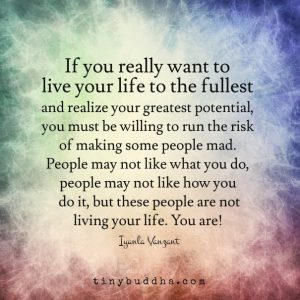
6.Being present-focused and mindful. Since we often waste time ruminating about mistakes made in the past or worrying about mistakes we might make in the future, it can be life-affirming to focus on the here-and-now instead. Through mindfulness exercises, including meditation and other forms of relaxation training, people can learn to “ground” themselves in the present moment and get away from the constant worrying that that leads to depression and unhappiness. Some of the most effective psychotherapies available today use mindfulness strategies to help people come to terms with negative thinking and understand themselves better. I find breath work the best to give to clients plus myself. With that understanding comes a greater acceptance of who we are and how best to live our lives.
“You came naked,
You will go naked.
You arrived weak,
You will leave weak.
You came without money and things,
You will leave without money and things.
Your first bath? Someone washed you,
Your last bath? Someone will wash you.
This is life!!! So why so much malice, so much envy, so much hate, so much resentment and so much selfishness?
We have limited time on Earth don’t waste it on uselessness. Be kind!!!
This is life!!! So why so much malice, so much envy, so much hate, so much resentment and so much selfishness? We have limited time on Earth don’t waste it on uselessness.” Unknown
Bibliography
Aubrey Marcus media
